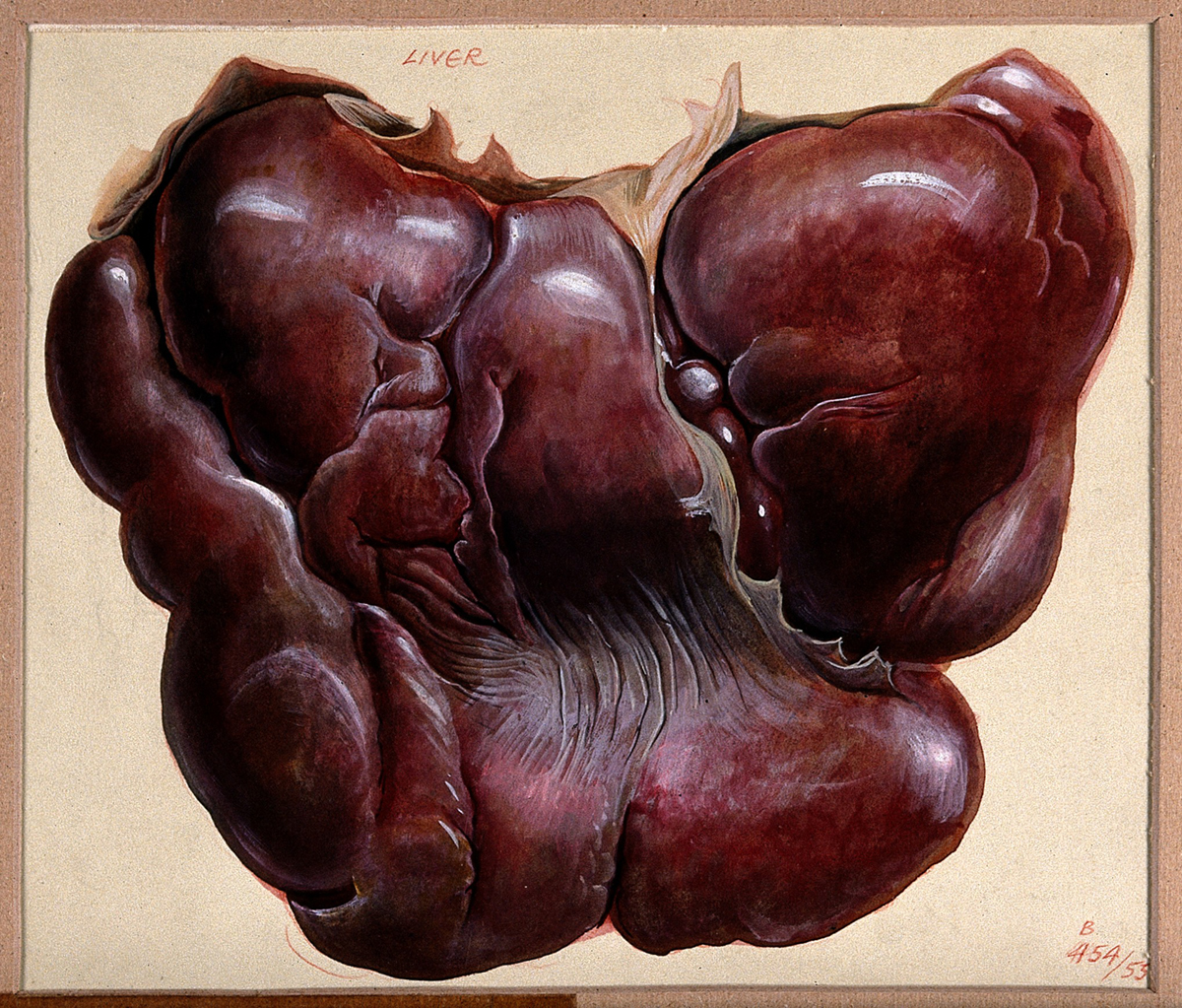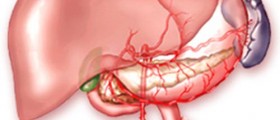
Liver Failure
Liver or hepatic failure represents the inability of the liver to perform its normal syntetic and metabolic function. Liver failure mostly develops slowly, over the years and its progression is usually unnoticed. There are two types of liver failure: acute liver failure and chronic acute failure.
Acute Liver Failure
Acute liver failure (ALF) results from rapid impairment of liver function. This condition results in coagulopathy. Coagulopathy refers to impaired synthesis of many coagulation factors and their inhibitors. Acute liver failure includes fulminant hepatic failure (FHF) and subfulminant hepatic failure.
People that suffer from fulminant hepatic failure have encephalopathy developed during period of 8 weeks prior to the onset of symptoms. Subfulminant hepatic failure is late-onset hepatic failure where enhelophaty is developed after 26 weeks.
In the US, acute liver failure is most commonly caused by drug toxicity. Prognosis of acute liver failure depends on etiology, the degree of encephalopathy and associated complications. Mortality rate is very high in patients affected by acute live failure. It is greater than 80% but since introduction of liver transplantation survival is improved significantly. Around 6% of orthotopic liver transplantation in the United States is performed for fulminant hepatic failure.
Signs and Symptoms
Acute liver failure is associated with following symptoms: jaundice (yellow color of the skin and eyeballs), pain in upper right part of the abdomen, nausea and vomiting, inability to concentrate, confusion and disorientation, drowsiness and muscle tremors. Acute liver failure is a life-threatening condition.
If you notice yellowing of the eyes and skin, behavioral and mental changes or tenderness in the upper abdomen, seek medical help immediately.
Causes
Acute liver failure can be caused because of the following reasons:Paracetamol overdose. Paracetamol (acetaminophen) overdose is the leading cause of acute liver failure in the US. This overdose can result from extremely large dose of this drug taken at once or when smaller doses are taken for long period of time.Prescription drugs. Among medications that can lead to acute liver failure are antibiotics, non-steroidal anti-inflammatory drugs and anticonvulsants.Herbal supplements. Kava, ephedra, skullcap, pennyroyal and some other herbal supplements can also cause acute liver failure.Viruses. Hepatic viruses that result in acute liver failure are hepatitis A, hepatitis B and hepatitis E. Other viruses are Epstein-Barr virus, cytomegalovirus and herpes simplex virus.Toxins. Poisonous wild mushroom Amanita phalloides can induce liver failure.Autoimmune hepatitis. This disease occurs when the immune system starts attacking liver cells, which leads to inflammation and later to acute liver failure.Metabolic disease. Wilson’s disease, acute fatty liver of pregnancy and Reye’s syndrome can sometimes lead to acute liver failure.Cancer or metastases. Primary liver cancer or liver metastases can also cause liver to fail.Complications of Acute Liver FailureAcute liver failure can cause several complications. This includes: cerebral edema (excessive fluid in the brain), bleeding disorder, infections and kidney failure (especially in the case of acetaminophen overdose).
















Your thoughts on this
Loading...